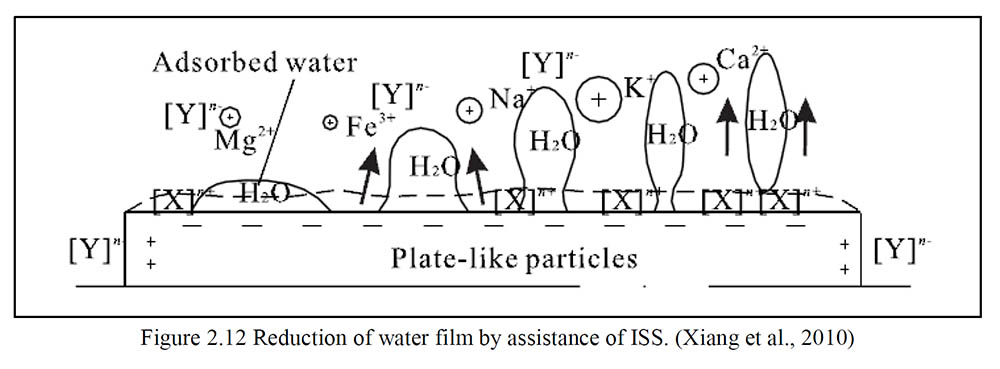University Study Confirms: ProChemical Soil Stabilizer – Stronger Foundations, Safer Homes
Our ProChemical Soil Stabilizer, tested with UTA, demonstrated effective clay soil polarity alteration, confirming its versatile soil stabilization capabilities.
Positive Feedback
In a University study conducted in 2016 and 2017 in collaboration with the University of Texas at Arlington (UTA) Engineering Department, the ProChemical Soil Stabilizer was thoroughly examined and received positive feedback. The study found that the product effectively changed the polarity of clay soils by removing their negative charge, a conclusion verified through electron microscopy.
Scope
The research covered various soil types across the Metroplex, ranging from Oklahoma to East Texas, West Texas, and North Texas, and demonstrated the product’s effectiveness in all types of clay soils. Additionally, the study aimed to determine the optimal dilution ratio for different soil types, providing valuable insights for practical application. Overall, the study confirmed the product’s success in soil stabilization.
Note: 107 page PDF document (4.18MB)
Citation (images and content)
Tavakoli, Esmat, Laboratory Evaluation of TX-Prochem as an Ionic Liquid Soil Stabilizer, The University of Texas at Arlington, 2016, https://rc.library.uta.edu/uta-ir/bitstream/handle/10106/26912/TAVAKOLI-THESIS-2016.pdf

Key Study Findings & Insights
Reduction in Plasticity Index: The liquid ionic soil stabilizer was found to reduce the plasticity index (PI) of expansive soil. The PI showed no consistent change with lower dosages but decreased significantly with the addition of more stabilizer, achieving a 45% reduction.
Changes in Soil Density and Moisture Content: The maximum dry density of stabilized soil decreased, and the optimum moisture content increased. These changes may be attributed to soil modification, possibly influenced by cation exchange capacity.
Improved Soil Strength: Stabilized soil specimens exhibited higher strength compared to untreated soil. While the recommended dosage and diluted dosages caused some reduction in soil strength, an increase in the stabilizer’s concentration resulted in up to a 165% increase in strength after 28 days of curing.
Reduced Swell Potential: Treated soil samples demonstrated a significant reduction in swell potential, particularly with a third ratio of the stabilizer, which achieved an 83% decrease in swell potential after 28 days of curing.
Effect of Curing Time: The study found that there was no significant change in swell potential after 28 days of curing compared to one day of curing.
Cation Exchange Capacity (CEC): Low additive dosages in soil resulted in a relatively small cation exchange capacity. This led to treated soil having a lower potential to swell.
pH Levels: Soil specimens with low additive dosages had higher pH levels. However, adding more stabilizer caused a significant reduction in the pH of the soil.

These findings suggest that the use of our ProChem Soil Stabilizer can effectively modify the properties of expansive soils, reducing their swell potential and enhancing their strength. The specific dosage and treatment conditions can be tailored to achieve the desired soil stabilization results.
Build smarter, safer, and stronger with ProChemical Soil Stabilization. Whether you’re a homeowner protecting your investment, a builder seeking efficiency, or a developer enhancing property value, ProChemical tackles problematic soils head-on. Reduce foundation issues, construction delays, and safety hazards, saving time and money. Don’t compromise – choose ProChemical and build with confidence on any soil.


